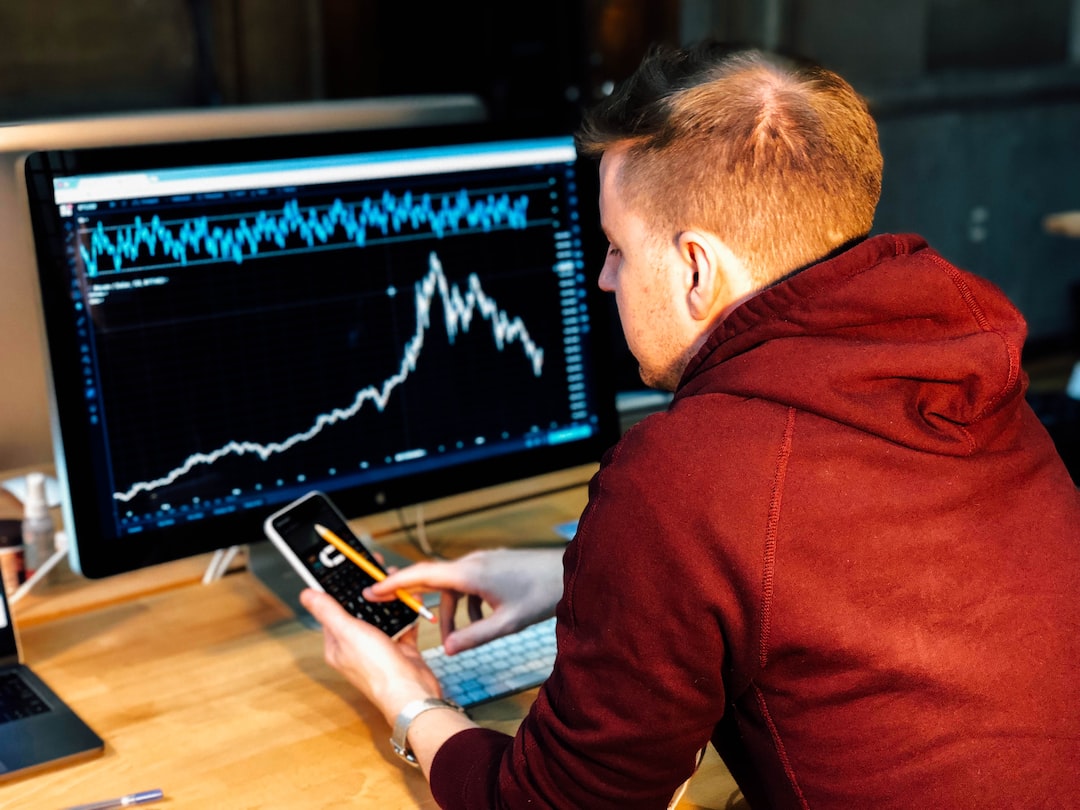Forex Jobs in the Digital Age: The Impact of Technology on the Industry
The digital age has transformed various industries, and the forex market is no exception. Technology has brought about significant changes in the way forex traders operate, opening up new opportunities and reshaping job roles within the industry. In this article, we will explore the impact of technology on forex jobs in the digital age.
One of the most notable changes in the forex industry is the rise of online trading platforms. In the past, forex trading was primarily conducted through traditional brokers over the phone or in person. However, the advent of the internet and online trading platforms has made it possible for anyone with an internet connection to trade forex from the comfort of their own home. This has led to a surge in the number of retail forex traders, creating a need for professionals to support and educate this growing user base.
One of the most significant forex jobs that technology has given rise to is that of the forex educator. With the abundance of online trading resources and educational materials available, forex educators play a crucial role in helping traders navigate the complexities of the market. These professionals provide valuable insights, strategies, and training to traders, helping them make informed decisions and improve their trading skills. Forex educators often work for online brokers or educational platforms, conducting webinars, writing articles, and creating educational videos to disseminate their knowledge.
Another area where technology has had a profound impact is in the development of algorithmic trading. Algorithmic trading, also known as automated trading or trading bots, involves the use of computer programs to execute trades based on predefined rules and algorithms. These programs can analyze vast amounts of data and execute trades at lightning speed, which would be impossible for human traders. This has led to a surge in demand for professionals skilled in programming and algorithm development.
Forex programmers are responsible for creating and maintaining trading algorithms and software. They work closely with traders and analysts to develop algorithms that can identify profitable trading opportunities and execute trades automatically. These professionals need a strong understanding of programming languages, such as Python or C++, as well as a deep knowledge of forex market dynamics.
While algorithmic trading has its advantages, it also raises concerns about market manipulation and unfair advantages for those with access to advanced technology. As a result, regulatory bodies have implemented stricter rules and oversight on algorithmic trading practices. This has given rise to a new type of forex job known as the compliance officer.
Compliance officers ensure that forex brokers and traders adhere to the rules and regulations set by regulatory bodies. They monitor trading activities, conduct audits, and implement measures to prevent market manipulation or unfair practices. Compliance officers need a strong understanding of both forex trading and regulatory frameworks to effectively carry out their responsibilities.
The digital age has also revolutionized the way forex market data is collected and analyzed. With the advent of big data and artificial intelligence, forex analysts can now analyze vast amounts of market data in real-time, identifying patterns and trends that were previously difficult to detect. This has led to a surge in demand for forex data analysts.
Forex data analysts use advanced statistical techniques, machine learning, and data visualization tools to analyze market data and generate insights. They help traders and brokers make informed decisions by providing accurate market forecasts, risk assessments, and trade recommendations. These professionals need a strong background in statistics, data analysis, and programming, as well as a deep understanding of forex market dynamics.
In conclusion, technology has had a profound impact on forex jobs in the digital age. It has opened up new opportunities for forex educators, programmers, compliance officers, and data analysts. As the forex market continues to evolve, it is essential for professionals in the industry to adapt to technological advancements and acquire the necessary skills to thrive in the digital age.





